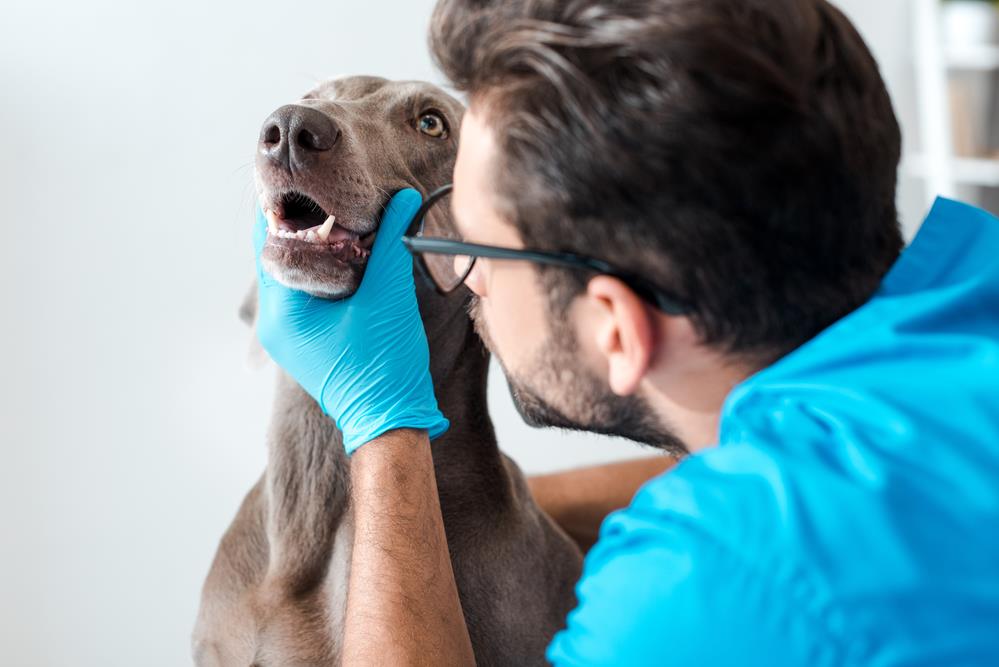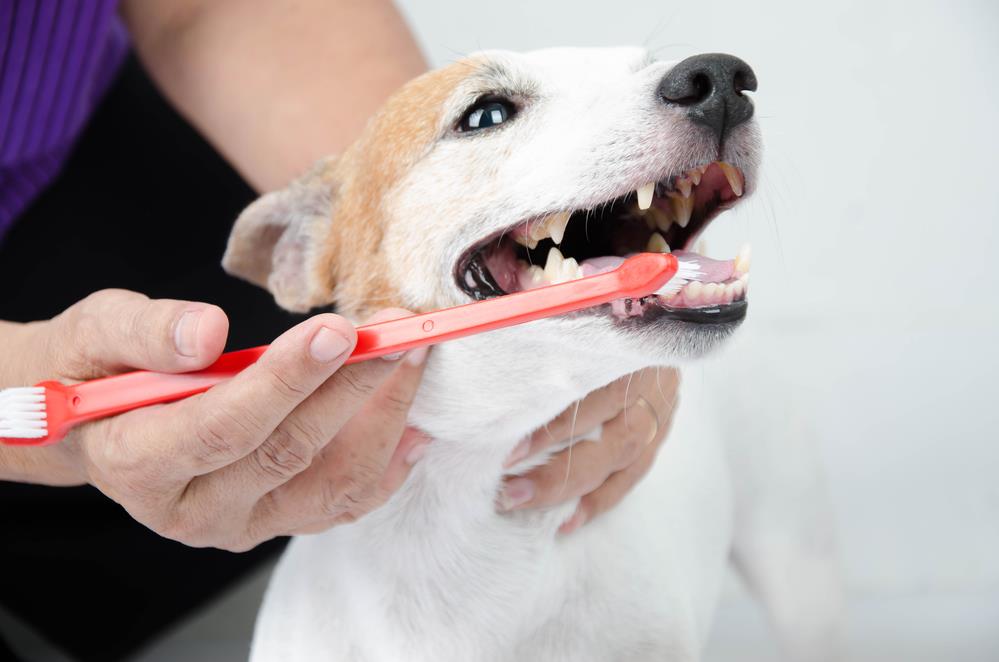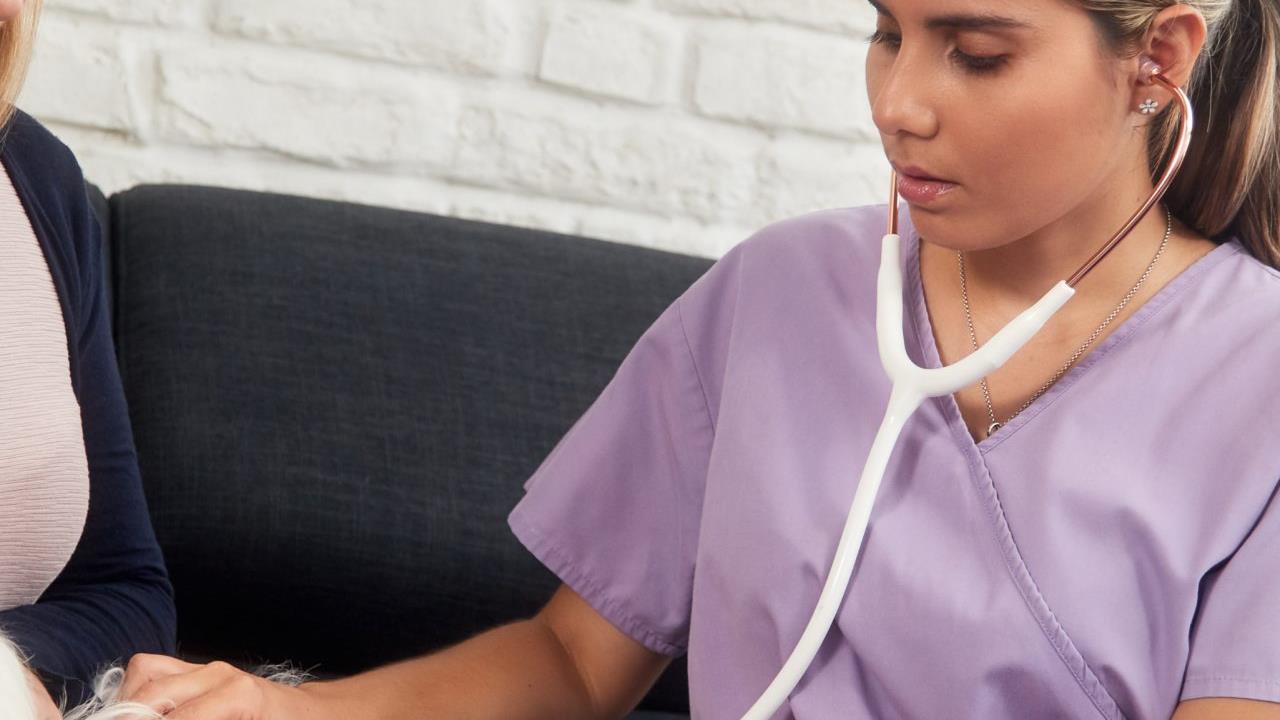The Importance of Dental Health in Pets
Just as in humans, maintaining robust dental health in pets is paramount for their overall well-being. Neglecting your pet’s oral hygiene may lead to more than just stinky breath; it can cause serious health issues such as gum disease, tooth decay, and even heart disease.

Potential Consequences of Poor Dental Health in Pets
Poor dental health in pets can result in pain, tooth loss, and can even affect other organs if bacteria enter the bloodstream through diseased gums. In severe cases, these complications can be life-threatening. Regular dental check-ups can prevent these issues from arising.
Benefits of Maintaining Good Dental Health in Pets
Ensuring your pet maintains good dental health can significantly improve their quality of life. It can prevent oral diseases, improve their breath, and may even extend their lifespan. Pets with healthy teeth can enjoy a wider variety of foods and engage in play activities without discomfort or pain. A regular dental care routine is an investment in your pet’s overall health.
Remember, your pet’s dental health is a critical component of their overall health and happiness. So, don’t overlook it!
Recognising Dental Disease in Pets
As responsible pet owners, it’s imperative to acknowledge the importance of dental health in our furry friends. Many common dental diseases in pets include periodontal disease, tooth resorption, and gingivitis.
Description of Common Dental Diseases in Pets
Periodontal disease, the most prevalent dental condition in pets, involves inflammation and infection of the tissues surrounding the tooth. Tooth resorption, another common issue, is a process where the tooth structure is destroyed. Gingivitis, which signifies inflammation of the gums, can be a precursor to periodontal disease if left untreated.
Signs and Symptoms of Oral Health Problems in Pets
Key indicators of oral health issues include bad breath, discoloured teeth, difficulty eating, and pawing at the mouth. Regular home dental checks can help identify these symptoms early.
Factors that Increase the Risk of Dental Diseases in Pets
Factors that increase dental disease risk include age, breed, diet, and lack of regular dental care. Routine vet check-ups, proper diet, and at-home dental care can significantly reduce the risk.
3.1 Basic Structure and Function of a Pet’s Mouth
The mouth of your beloved pet is a complex, highly functional organ. Similar to humans, it is responsible for the initial stages of digestion by mechanically breaking down food. A pet’s mouth comprises teeth, tongue, and salivary glands, each playing a unique role in food processing and communication.
3.2 Differences Between Human and Pet Dental Anatomy
Though similar in function, there are key differences between human and pet dental anatomy. Pets have a different tooth shape, designed for tearing and crushing rather than grinding. Furthermore, pets’ teeth emerge at different times, with baby teeth being replaced by adult teeth within months.
3.3 Role of Different Teeth in a Pet’s Mouth
- Incisors: Used for nibbling and grooming.
- Canines: Designed for tearing and holding prey.
- Premolars and Molars: Aid in crushing and grinding food.
Understanding the role of each tooth type can help you keep track of your pet’s dental health and anticipate potential issues.

4.1 Importance of Regular Dental Check-ups for Pets
Regular dental check-ups for pets are crucial in maintaining their overall health. These check-ups can detect early signs of dental diseases like periodontal disease, which is common in pets but often overlooked. Early detection and treatment can prevent more serious health complications and improve your pet’s quality of life.

4.2 What to Expect During a Pet Dental Check-up
During a check-up, the veterinarian will thoroughly inspect your pet’s mouth for signs of dental disease. This includes assessing the teeth for tartar and cavities, checking the gums for inflammation or bleeding, and identifying any oral abnormalities.
4.3 How Often Pets Should Have Dental Check-ups
Most veterinarians recommend pets have a dental check-up at least once a year. However, pets with a history of dental disease may require more frequent visits. Always consult with your vet to determine the best schedule for your pet.
5.1 Suitable Dental Care Practices to be Performed at Home
For optimal pet dental health, consistent home care is critical. Regular brushing with a pet-friendly toothpaste is the most effective method. Start slowly, allowing your pet to get used to the sensation. Gradually increase the frequency to daily brushing. A diet of dry food can also help keep teeth clean.

5.2 Recommendations for Pet-Friendly Dental Care Products
When selecting dental care products, opt for those specifically designed for pets, such as enzyme-based toothpastes and soft-bristled toothbrushes. Avoid human toothpaste, as it can be harmful if swallowed. Dental chews and toys can also contribute to clean teeth and healthy gums.
5.3 Tips for Getting Your Pet Comfortable with Home Dental Care
- Start dental care practices while your pet is still young to promote familiarity.
- Offer treats or positive reinforcement to make the experience pleasant.
- Gradually introduce the brushing process, starting with just touching your pet’s teeth and gums.
- Keep sessions short initially, gradually increasing the duration as your pet becomes more comfortable.
6.1 Professional Dental Cleaning Process for Pets
Professional dental cleaning for pets, often referred to as dental prophylaxis, is a rigorous procedure aimed at maintaining oral health. It typically involves several stages: pre-anaesthetic exam, anaesthesia, dental radiographs, scaling, polishing, and sometimes, dental extractions. This process allows veterinarians to thoroughly clean the pet’s teeth and check for potential issues like periodontal disease or tooth decay.
6.2 Importance of Professional Dental Cleaning for Pets
Professional dental cleaning is crucial for pets to prevent oral diseases, which are common in pets. It eliminates plaque and tartar build-up, reduces bad breath, and helps maintain overall health. Neglected dental hygiene can lead to severe dental diseases, affecting the pet’s heart, liver, and kidneys.
6.3 Preparing Your Pet for Professional Dental Cleaning
Preparing your pet involves fasting overnight as anaesthesia is typically used during the procedure. Comforting your pet before the process can help reduce anxiety. Discussing any health concerns with your vet prior to the procedure is also vital. It’s recommended you follow your vet’s specific pre-procedure instructions for the best outcome.

7.1 How Diet Impacts a Pet’s Dental Health
Diet plays a crucial role in a pet’s dental health. A balanced diet, rich in essential nutrients, helps maintain strong teeth and gums. Conversely, a diet high in sugars and starches can foster harmful bacteria, leading to dental problems like plaque, tartar, and gum disease. Regular consumption of wet pet food can also contribute to dental disease due to lack of abrasion on the teeth.
7.2 Recommendations for Pet Food Promoting Dental Health
It’s advisable to feed pets with dry kibbles designed to promote dental health. These foods have a unique texture that helps to clean the teeth when chewed.
7.3 Treats and Chews That Help Clean a Pet’s Teeth
Chew toys and dental treats can assist in maintaining oral hygiene. However, they should not replace regular vet check-ups and tooth brushing.

Conclusion: Promoting Lifelong Dental Health for Your Pet
In summarising, understanding your pet’s dental health is vital for ensuring their overall health and wellbeing. We’ve discussed various aspects, such as the signs of dental disease, preventative measures like regular brushing, and the importance of professional dental check-ups. These key points highlight the necessity of prioritising your pet’s dental health.
As pet owners, we must take the responsibility of understanding our pet’s dental health seriously. It’s not merely about fresh breath and clean teeth. Dental health has implications on their heart, liver, and kidney functions. Therefore, adopting a proactive approach to your pet’s dental health can significantly enhance their quality of life and longevity.
Finally, the importance of understanding and acting upon your pet’s dental health cannot be stressed enough. It’s a crucial aspect of pet care that often gets overlooked. Take the initiative today for a healthier and happier pet tomorrow.


